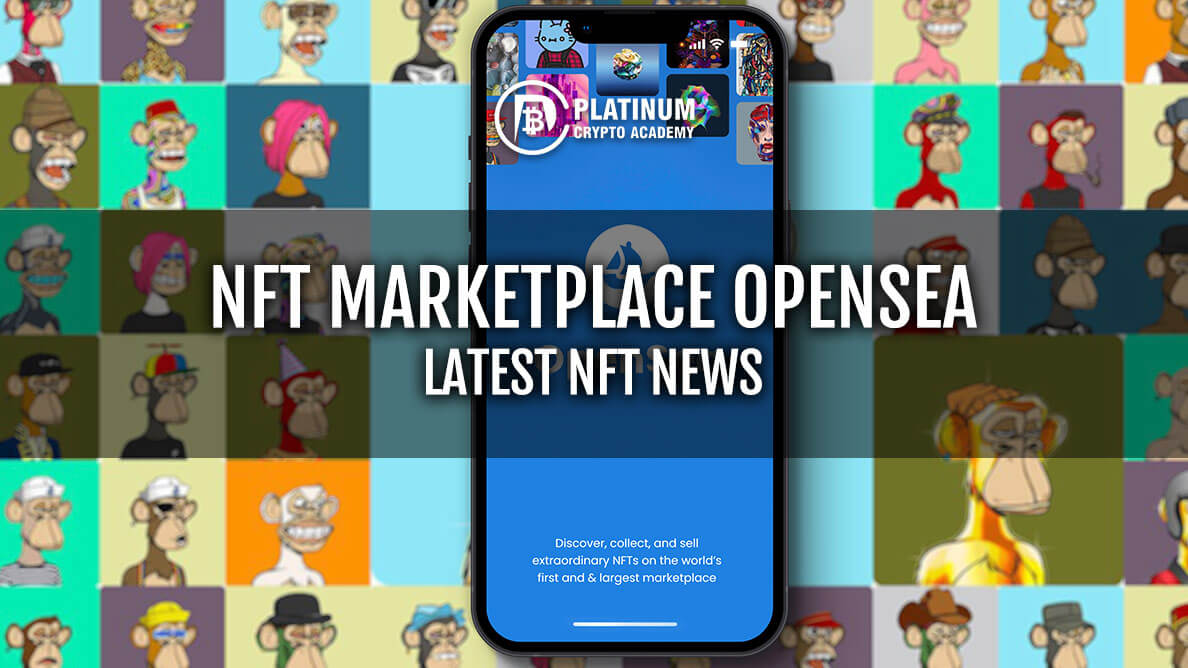Popular NFT marketplace OpenSea has introduced new policies that incorporate additional measures against stolen NFT on its platform. The new guidelines were made considering US laws, where knowingly allowing sale of stolen items are prohibited.
OpenSeadid not want to incentivize theft by allowing its platform to be used to help sell stolen items, the company said while adding the new guidelines would provide more clarity and transparency in its stolen items policy.
The NFT trading platform said although the policy was designed to keep the community safe, its side effects, in some cases, have damaged the trust in the platform and admitted it failed to proactively and transparently communicate the rationale behind its approach.
OpenSea also admitted that in some cases, purchasers of stolen items were inadvertently penalized and the latter has been one of the most difficult issues the platform faced in recent times. The penalization has spurred numerous criticisms from traders and concerned stakeholders.
Therefore, based on community feedback, it has decided to adjust the elements of how it implemented its policy, the company tweeted. It also said it was doing everything to within its reach to minimize the trend of stolen items.
The popular NFT marketplace is expanding the ways it uses police reports and the latter would now be needed to complain about or confirm all theft reports. Earlier, police reports were used within the platform in escalated disputes. With the new policy update, they would be used to confirm all stolen item reports within the NFT platform.
According to the company, if it did not receive a police report within seven days, it would re-enable buying and selling of the reported item. OpenSea claimed it would help prevent false claims and is based on suggestion from the community.
Besides, OpenSea is making it easier for users who reported an item stolen to re-enable buying and selling when they recover the item or determine they should withdraw their stolen item report. In this context, OpenSea said it was finalizing details on a simplified process that would not require a notary.
The NFT marketplace, one of the largest in the world, also said that efforts were already underway to better automate threat and theft detection, such as blocking suspect URL much earlier. Beyond that, OpenSeawas also collaborating with other ecosystem partners to help prevent and disincentivize theft and building better education resources to help users stay safe in Web 3.0.
Earlier in June, the NFT marketplace introduced a new feature to protect users from NFT scams. The new feature automatically hid suspicious NFT transfers from view on their marketplace to help protect users from being scammed and ensure that only legitimate transactions are visible on theOpenSeamarketplace.
The latter feature was introduced after OpenSea noticed that scammers hadbeen using these NFT transfers to entice recipientsin viewing an NFT listing that contained links to malicious third-party websites. Curious collectors would then visit and interact with those websites, which can sometimes lead to phishing attacks and result in the theft of NFT from the collector’s wallet.
According to OpenSea, although unwanted NFT transfers would always exist across the ecosystem on public blockchain, it wanted to hide them from view on the OpenSea platform. Hence, it said an ecosystem-wide effort was required to defeat scam and theft techniques.



